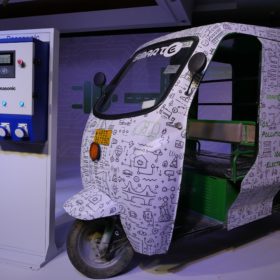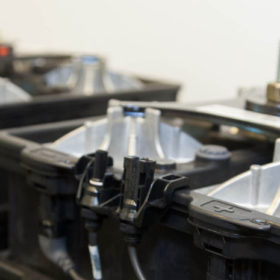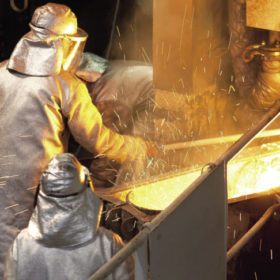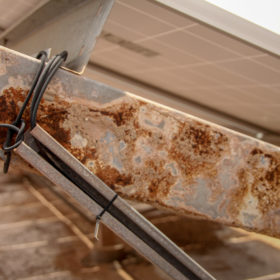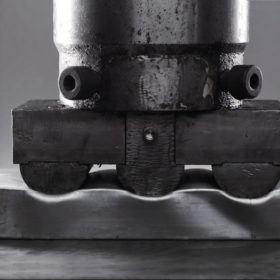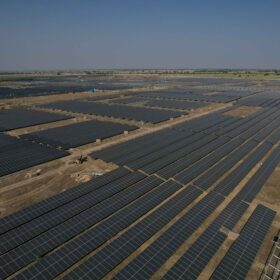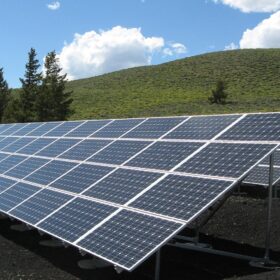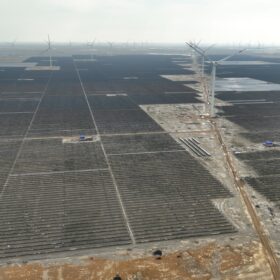Urban Mobility: Focus on last-mile solutions
There will be plenty of opportunity for electric three-wheeler penetration in the Indian market through the model of battery swapping as well as local charging points available at delivery hubs.
MG Motor mulling EV battery assembly plant in India
The British carmaker, which is launching its electric SUV early next month in India, plans to set up a battery assembly plant in two years for its electric car models.
Lithium batteries – 12 lakh tons ready for recycling by 2030
The recycling market will experience a tenfold expansion between last year and 2030, driven by EV battery usage and portable electronics. Retrieving valuable metals and minerals is becoming a high priority and several dozen companies are already in position for the first big wave of end-of-life batteries.
Indigenisation of technology key to successful EV transition for auto industry: CEEW
Indigenisation of electric powertrain components and battery pack assembly could produce a 5.7% higher output value addition (US$ 2.7 billion) for the Indian auto industry in case of an electric vehicle (EV) transition.
White paper sums up e-transport policy progress across India
Range anxiety continues to be an obstacle to electric vehicle take-up but the nation’s willingness to embrace car-sharing and other workarounds offers plenty of promise to the sector, according a World Economic Forum report.
AEPPL signs Rs 4930-crore MoU for Li-ion battery plant in Gujarat
The joint venture between Japanese majors Toshiba, Denso and Suzuki aims to achieve annual production capacity of 30 million lithium cells by year 2025.
Australia’s Townsville battery gigafactory reaches new milestone
Plans to develop an 18 GWh lithium-ion battery factory in northern Queensland have reached an important milestone with the project feasibility study submitted to the Queensland government.
Now Europe is pushing domestic battery manufacturing plans
EU industry body EUROBAT has called for the bloc to adopt a battery industrial strategy and has pushed the claims of domestic manufacturers in the same manner as India has, as the race hots up to dominate the global energy storage market.
Indian renewables leaders split over need for regulation
While some of the industry insiders gathered at REI 2019 have made predictable calls to be free of the restrictions imposed by regulators, others maintained policy support is crucial and audience members voiced concern about India’s lack of recycling rules.
Innolia Energy to invest Rs225 crore in solar module and EV product manufacturing
The U.S. company claims its 300 MW manufacturing plant in Hyderabad will deliver a fully integrated and customizable system solution of solar panels, lithium battery packs and controllers under a single roof.
